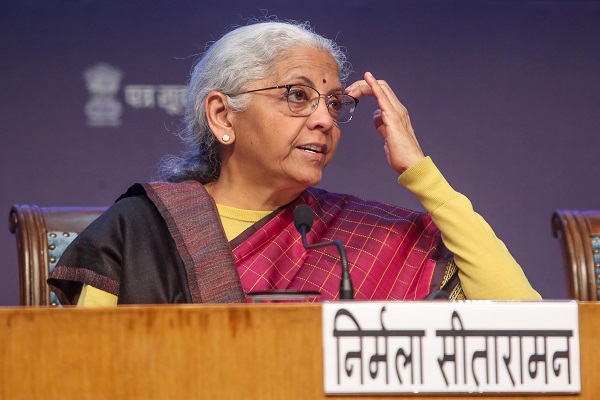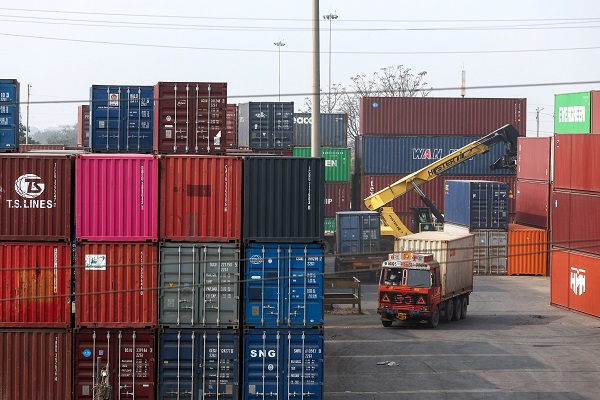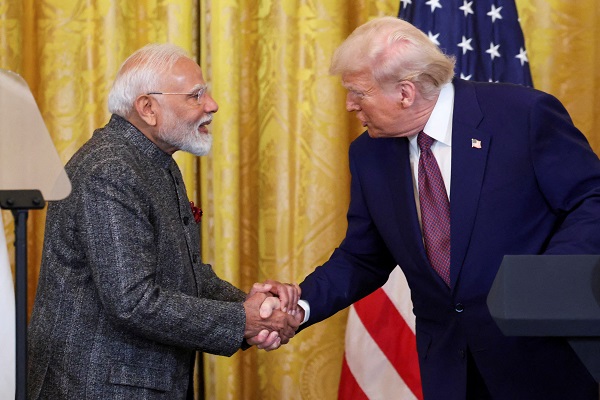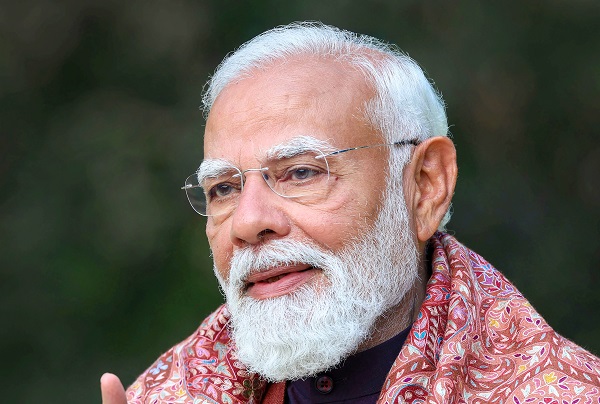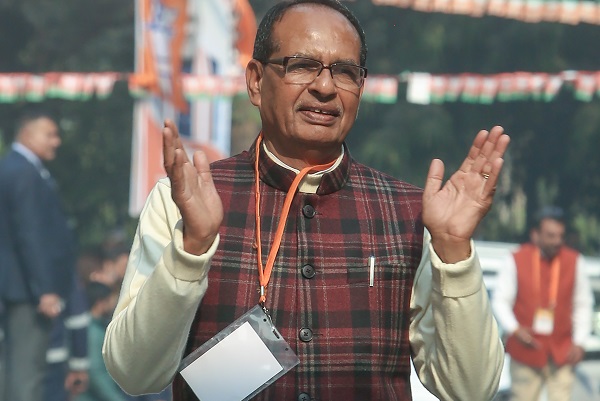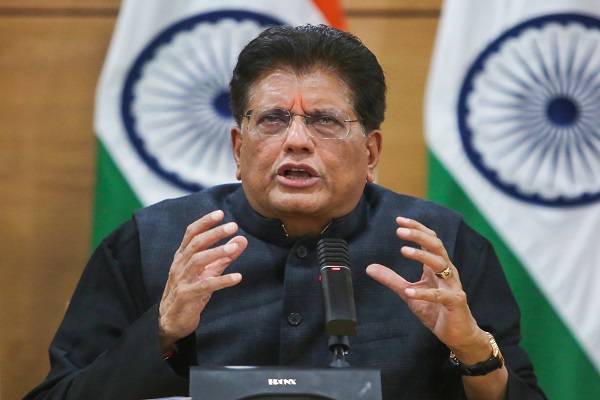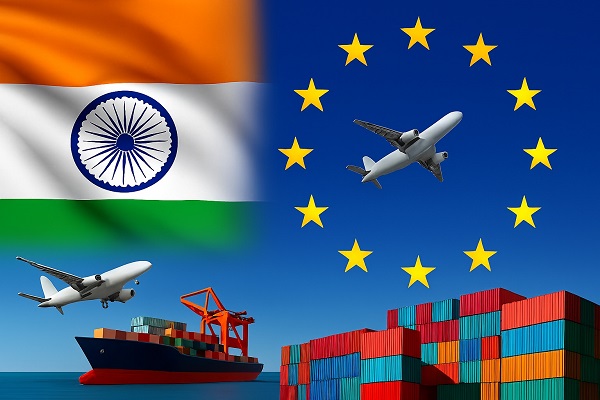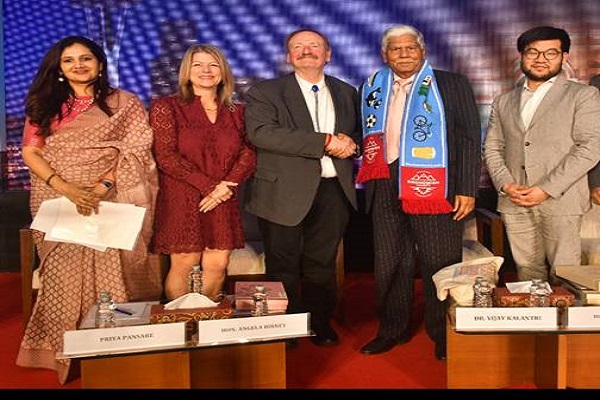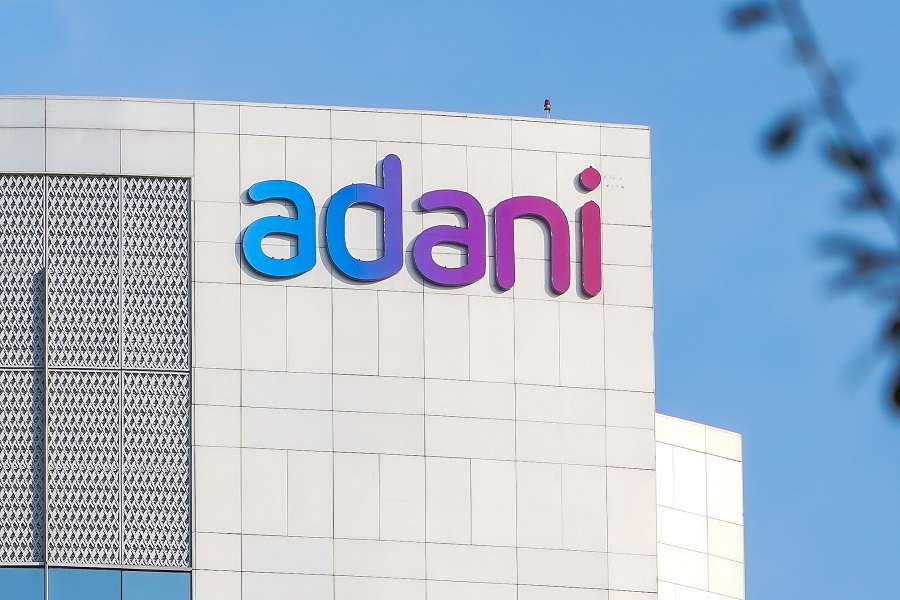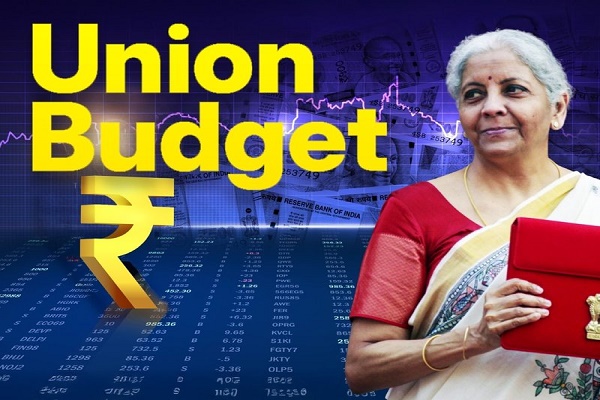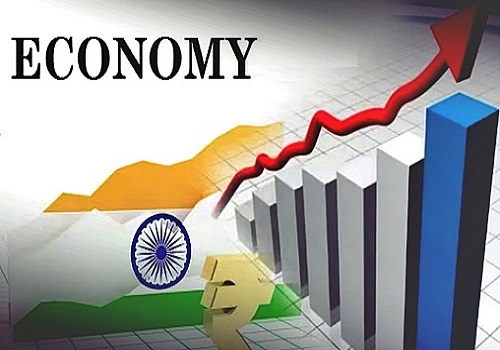Implementation of reforms like simplification of customs duty structure, GST to push India`s growth: GTRI
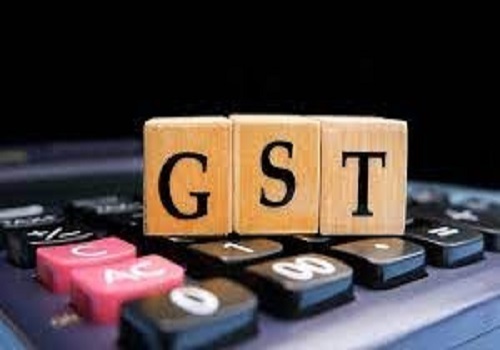
Economic think tank Global Trade Research Initiative (GTRI) has said that implementation of key strategic reforms such as simplification of customs duty structure, Goods and Services Tax (GST), and not incentivising low value-added electric vehicles would help India ensure its sustainable development and inclusive growth. It also said that India is standing on the cusp of a transformative era and there is an urgent need for comprehensive economic reforms. It said ‘from simplifying the convoluted customs duty structure to pioneering regulatory sandboxes for cryptocurrencies, and from boosting the MSME sector through GST reforms to fortifying our energy security, this agenda lays the foundation for a robust, resilient, and globally competitive India’.
GTRI stated that the current basic customs duty structure, which affects $680 billion worth of imports, has not been reviewed in 20 years, leading to over 27 different duty rates and over 100 specific or mixed duty slabs. Currently, 85 per cent of customs duty revenue comes from less than 10 per cent of tariff lines (or product categories), while 60 per cent of tariff lines contribute less than 3 per cent of revenue. It noted that with some adjustments, the average import tariff could be reduced from 18.1 per cent to below 10 per cent without impacting important products. Simplification is necessary to avoid global criticism, as highlighted by former US President Donald Trump calling India the tariff king.
The think tank suggested increasing the GST exemption limit for a firm’s annual turnover from Rs 40 lakh to Rs 1.5 crore as this will be transformative for India’s MSME sector, promoting job creation and growth. Firms with less than Rs 1.5 crore turnover make up over 80 per cent of registrations but contribute less than 7 per cent of the tax collected, and a yearly turnover of Rs 1.5 crore equals Rs 12-13 lakh monthly turnover, translating to just Rs 1.2 lakh at a 10 per cent profit margin. It also asked the government not to incentivize low value-added Electric vehicles (EVs). Further, it suggested focusing on developing capacity to produce inputs and intermediates for both chemical and fermentation-based Active Pharmaceutical Ingredients (APIs).
